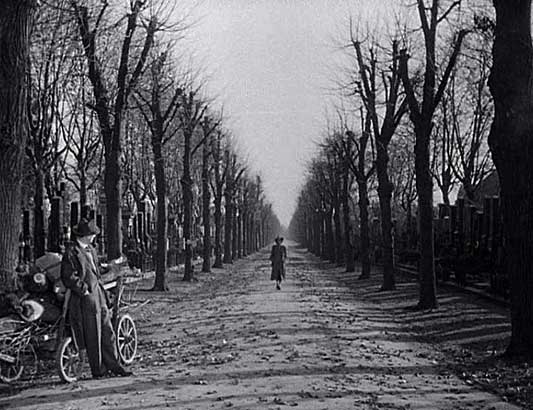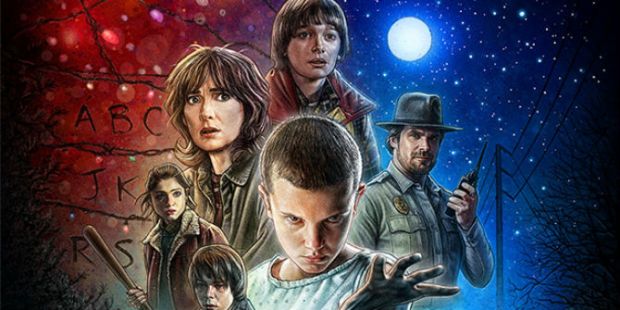I’ve written for as long as I can remember, or damn close to it. I’ve always wanted to do it, you know, and make some manner of living at it. For many years, I had (still do, shush) that fear of actually showing my work to anyone, which makes it difficult for it to be published, and thus, it turns out, purchased.
So I scribbled, refined, and threw away millions of words. Then one day, I realized I hated my job and what I was doing with my life, so I decided I was going to write something, show it to people, and maybe even sell it.
I started the project I had always wanted to. A series of stories, stories that reflect my love of history and chaos theory (and spaceships). Stories where people float (and die) in space. Where the bad guys are defined more by their greed than their sinister suits, and the good guys aren’t exactly good. I loved writing in that universe.
In order to help with my goal of actually doing it, and actually showing people, I put the drafts of the stories up online, for anyone to read. Some people even did! And liked them! Holy crap. When I had enough, I launched a Kickstarter campaign to publish it.
It failed miserably.
I went back to the drawing board, and did another one. It squeaked by. I got the editing done, the cover was actually contributed, and I had a book out.
That was in 2013. Which is, as the loyal readers I do have like to remind me, way too damn long ago. The follow up has been written, rewritten, scrapped completely, redone and half-done. Which is where we find it today.
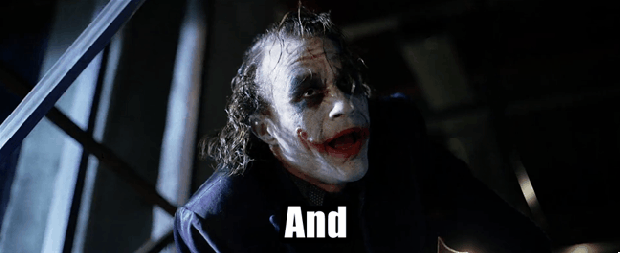
So, today, I’m asking you to give me a kick in the ass to finish it. Starting today, and every Friday until I am done, a new story is going up on the 3024AD site. Read it. Tell me if it sucks, or it’s awesome, or whatever. Yell at me if I’m late. Check back here for notes about the stories.
And, if you want to chip in to this little, alcohol-fueled dream of mine, I started a Patreon site. It would mean the world and much more to me if you felt like my writing is worth spending even a few bucks on (also, anyone who supports that gets the first book automatically).
So here we go.
-DESR
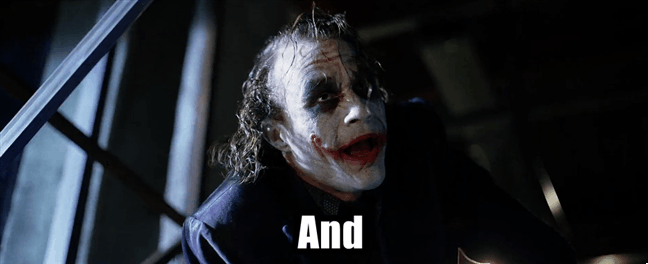
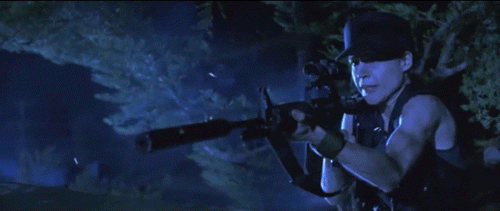 And, frankly, that’s a problem. It’s a problem in publishing. I don’t think the majority of editors and agents primarily accept books from straight, white people (mostly men). I think they read it, relate to it more than the book by the queer person of color, sign off on it and move on. But it comes back to effort. Did you ever read something you really can’t relate to? It is just so alien to your own experience that it makes you uncomfortable? That’s what we do when we make no effort to include other voices.
And, frankly, that’s a problem. It’s a problem in publishing. I don’t think the majority of editors and agents primarily accept books from straight, white people (mostly men). I think they read it, relate to it more than the book by the queer person of color, sign off on it and move on. But it comes back to effort. Did you ever read something you really can’t relate to? It is just so alien to your own experience that it makes you uncomfortable? That’s what we do when we make no effort to include other voices.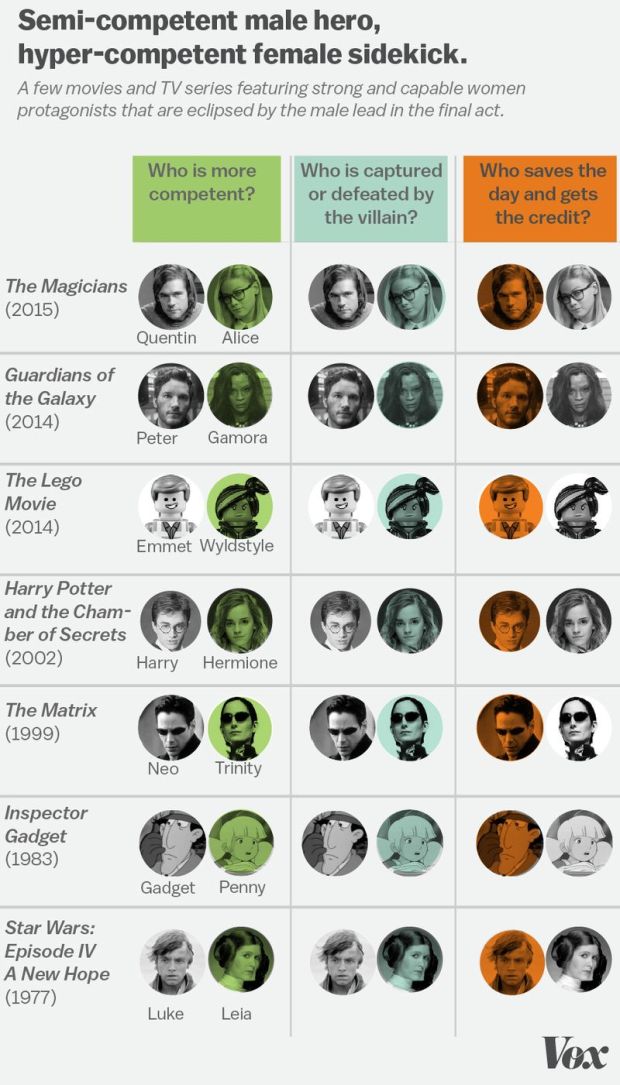

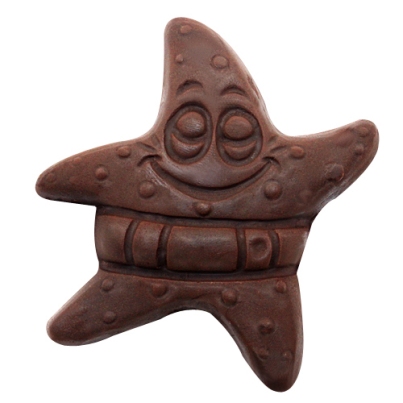
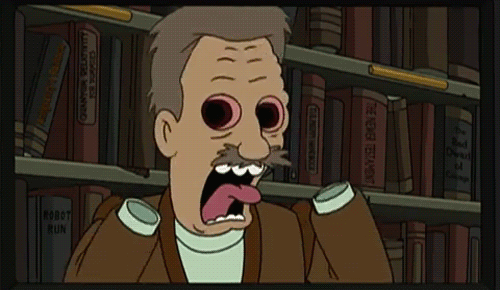
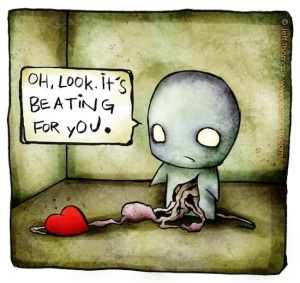 But that is not why people remember Fight Club (it is Brad Pitt’s abs in the movie). Because Fight Club, for being bokers, violent, having memorable lines and the all-time best twist, is memorable because of the ideas it represents. It’s about finding your identity, while also trying to find your place in the world and accept what you can and cannot change. All of that, painted with the brushstrokes of bull-headed masculinity – which, incidentally, is part of the concept and why it works.
But that is not why people remember Fight Club (it is Brad Pitt’s abs in the movie). Because Fight Club, for being bokers, violent, having memorable lines and the all-time best twist, is memorable because of the ideas it represents. It’s about finding your identity, while also trying to find your place in the world and accept what you can and cannot change. All of that, painted with the brushstrokes of bull-headed masculinity – which, incidentally, is part of the concept and why it works.